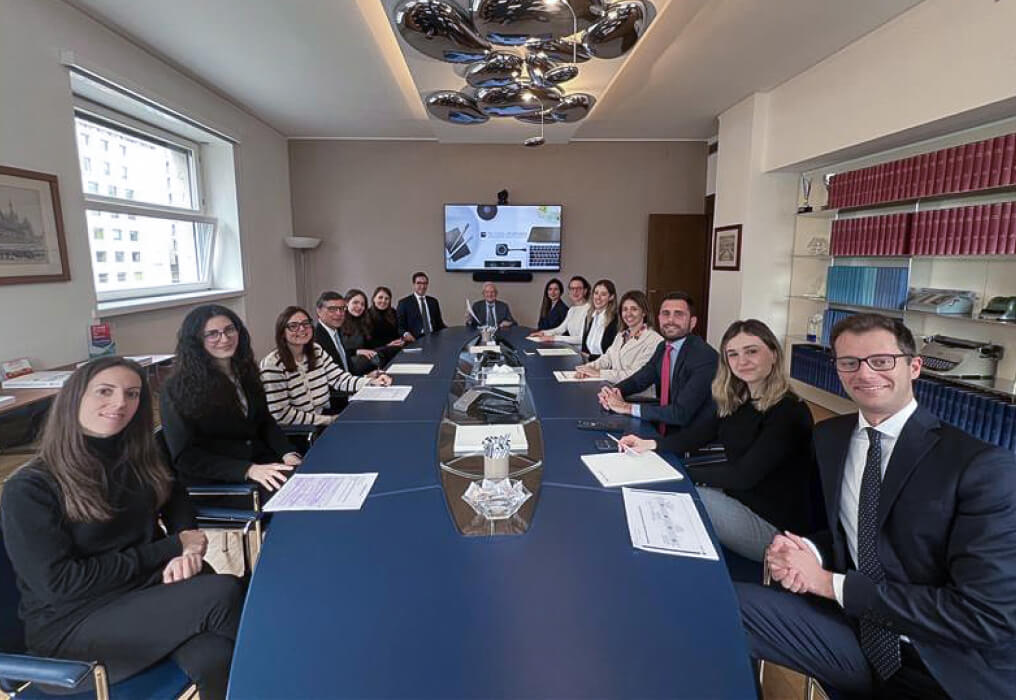Vittorio De Luca al Welfare & HR Summit 2026
Il 25 febbraio 2026 Vittorio De Luca ha partecipato alla sesta edizione del Welfare & HR Summit de Il Sole 24 Ore, in particolare, il nostro managing partner,…
Stay up to date with the latest news and the most relevant regulatory updates

De Luca & Partners’ Think Tank manages and coordinates research, training (internal and external) and editorial activities on labour law matters, protection of personal data and administrative liability of entities.
De Luca & Partners invests in researching and disseminating Employment Law material and for this reason collaborates with Il Sole 24 Ore and with the main employment law publications.
Read moreIl 25 febbraio 2026 Vittorio De Luca ha partecipato alla sesta edizione del Welfare & HR Summit de Il Sole 24 Ore, in particolare, il nostro managing partner,…
Corte di Cassazione: il DVR come presupposto di legittimità della somministrazione. La mancanza di una valutazione dei rischi concreta e puntuale, formalizzata in un Documento di valutazione dei…
La Corte di Cassazione, con l'ordinanza n. 1235 del 20 gennaio 2026, ha ribadito i principi fondamentali in materia di risarcimento del danno da perdita di chance in…
La Corte di Cassazione, Sezione Lavoro, con ordinanza n. 43873 del 13 febbraio 2026, ha ritenuto legittimo il licenziamento per giusta causa intimato ad una dipendente addetta alla…
Italy is among the first Member States to have adopted the draft implementing legislative decree of EU Directive 2023/970, which yesterday received its initial approval from the Council…
With Ordinance No. 32952 of 17 December 2025, the Italian Supreme Court, Labour Section, ruled that a final conviction for stalking and abuse can justify dismissal for just…
For the third consecutive year, De Luca & Partners has been awarded the prestigious Great Place to Work® certification, a significant recognition of the value we place on…
Corporate chats “intended for work-related communications by employees accessing them through company accounts constitute work tools, pursuant to Article 4, paragraph 2, of Law No. 300 of 1970,…